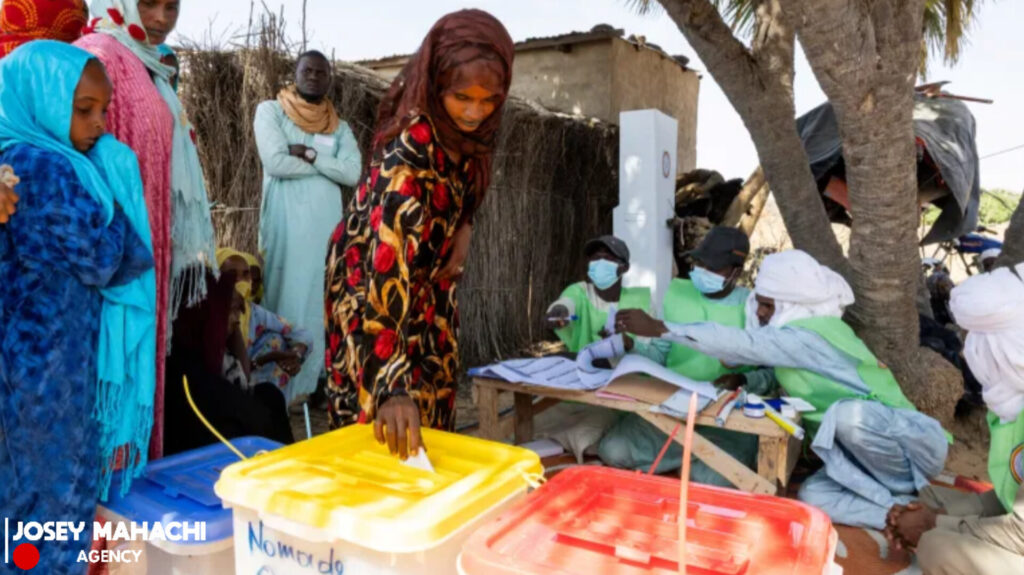By : Lloyd Mahachi
Chad is facing a significant challenge as the country’s opposition parties have called for a boycott of the parliamentary election. The opposition parties, including the largest one, Les Transformateurs, have cited concerns about a “corrupt” electoral register and a lack of guarantees that the election would be free and fair.
The election was initially scheduled for 2015 but has been postponed several times due to various reasons, including a lack of funds and security concerns. The current government has been accused of trying to maintain its power and influence over the electoral process.
The opposition parties have argued that the electoral register is flawed and that the government has not done enough to ensure the integrity of the election. They have also expressed concerns about the lack of transparency in the electoral process and the potential for fraud.
The boycott has sparked concerns about the legitimacy of the election and the future of democracy in Chad. The country has a history of political instability and authoritarian rule. The current president, Mahamat Déby, has been in power since 2021 and has been accused of trying to consolidate his power and undermine the opposition.
The international community has been watching the situation in Chad closely, with some organizations expressing concerns about the electoral process. The African Union and the European Union have called for free and fair elections, but it remains to be seen whether the government will heed these calls.
The election is scheduled to take place on December 29, 2024, and it will be interesting to see how the boycott affects the outcome. The opposition parties have urged their supporters to stay away from the polls, which could lead to a low turnout and undermine the legitimacy of the election.
The government, on the other hand, has urged citizens to participate in the election and has promised to ensure the integrity of the process. However, many Chadians are skeptical about the government’s intentions and are worried about the potential consequences of the election.
The situation in Chad is complex and multifaceted, with many different factors at play. The country’s history, politics, and economy are all intertwined, and the election is just one part of a larger puzzle.
The outcome of the election will have significant implications for Chad’s future, and the international community will be watching closely to see how events unfold. The country’s democracy is in jeopardy, and it remains to be seen whether the government and opposition can find a way to work together to ensure a free and fair election.
The Chadian people are eager for change and are hoping that the election will bring about a new era of peace and prosperity. However, the boycott and the government’s response have created uncertainty and tension, and it is unclear what the future holds.
In the coming days and weeks, the situation in Chad will continue to evolve, and the world will be watching to see how the country navigates this critical moment in its history. The fate of Chad’s democracy hangs in the balance, and the outcome of the election will have far-reaching consequences for the country and its people.
Editor : Josephine Mahachi

